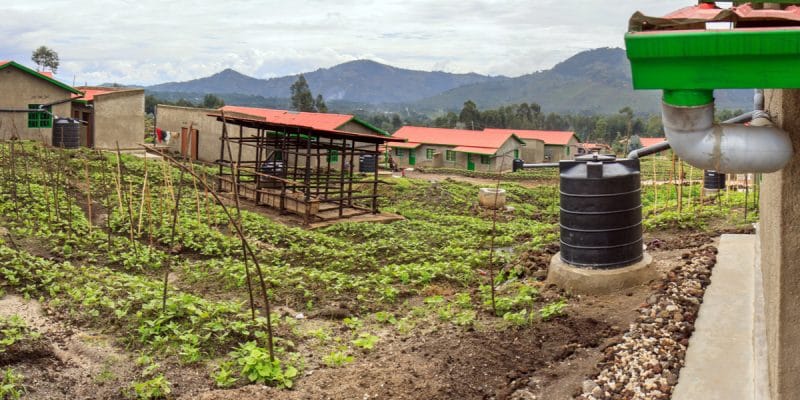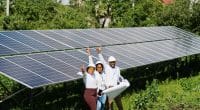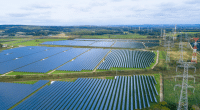The Indian company Urja Bio System, which specialises in the energy recovery of waste, has just launched a project in the west of Gambia: the installation of a biodigester that will contain 75 to 100 kg of cow manure. The heat produced will be used by the Sukuta clinic.
Soon, cooking food in Sukuta, western Gambia and beyond, will be virtually carbon-free. A biogas programme is announced there. The project began on December 3, 2019 with the installation of a prefabricated biodigester in the local clinic. This biodigester, which costs 11 thousand dollars, or 500 thousand Gambian dalasis, is capable of ingesting 75 to 100 kg of cow manure from the surrounding farms.
Kebba Sambou, from the West Coast Health Department, welcomed the launch of this project. “It comes at the right time and will allow women to cook without smoke emissions and keep the environment clean”.
Energy recovery from waste
The financing and implementation of this project is being carried out by Trisp Africa Limited, a Gambian solar equipment supplier and the Indian company Urja Bio System, which specialises in the design and implementation of turnkey projects for the management and conversion of solid waste into energy (in the form of electricity or heat). The two partners are also ready to invest more in biogas in Gambia, where less than 50% of the population is electrified. “The inhabitants will also have easy access to electricity, as about 10 to 20 other compounds will join our biogas systems that will serve them day and night,” says Kebba Sambou.
He points out that this approach to electricity supply in the Gambia is in response to a plea made by the World Food Programme (FAO) in its report published on October 17, 2018. “Turning livestock manure (almost 85% of animal faeces) into biogas would provide a way to make a renewable fuel source available to more than a billion people for domestic use, giving them access to sustainable, affordable and reliable energy,” the United Nations agency stated.
Boris Ngounou







